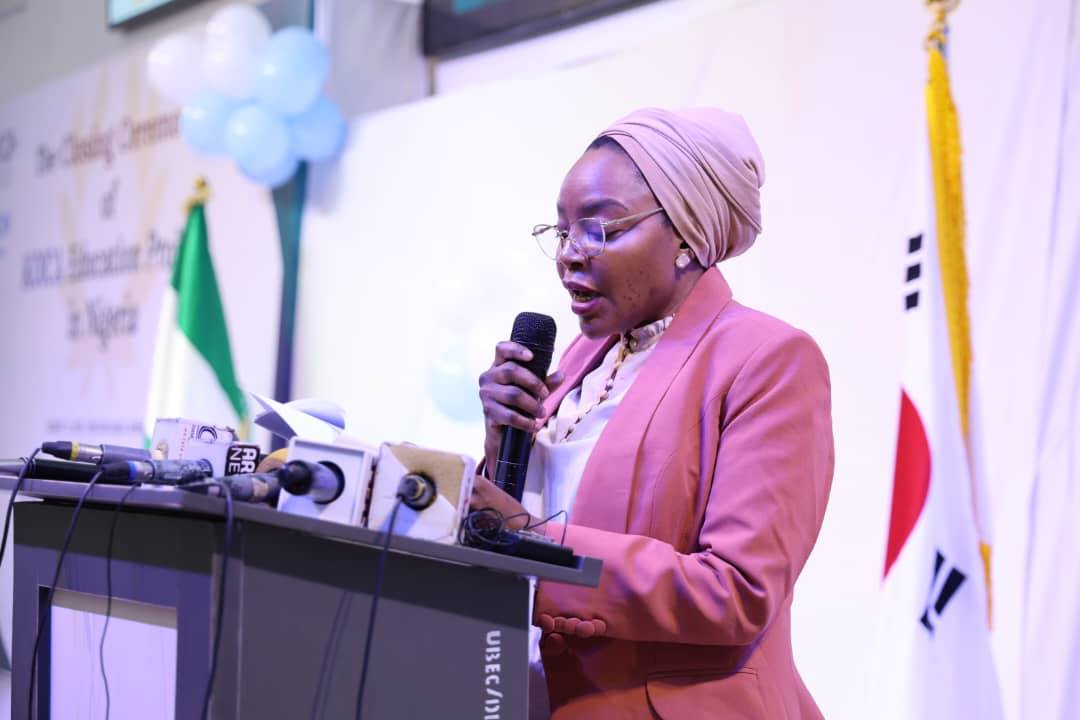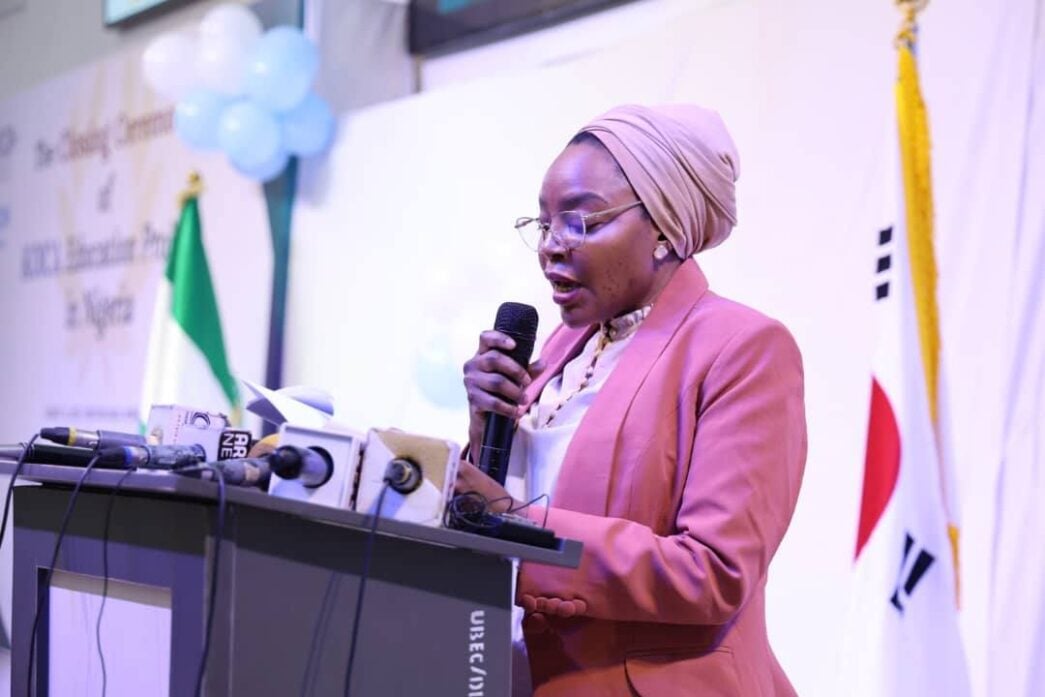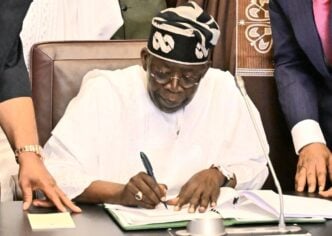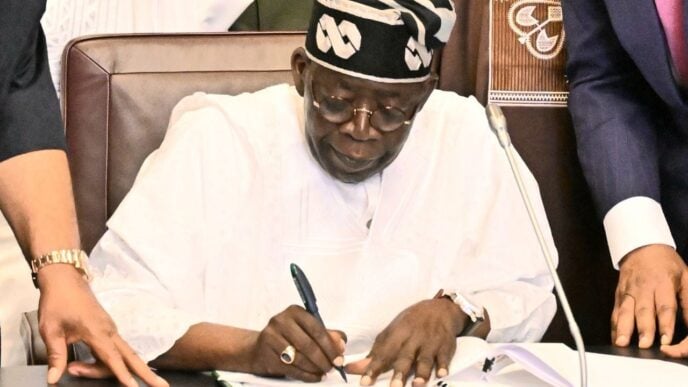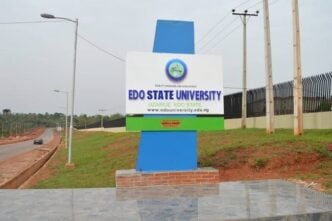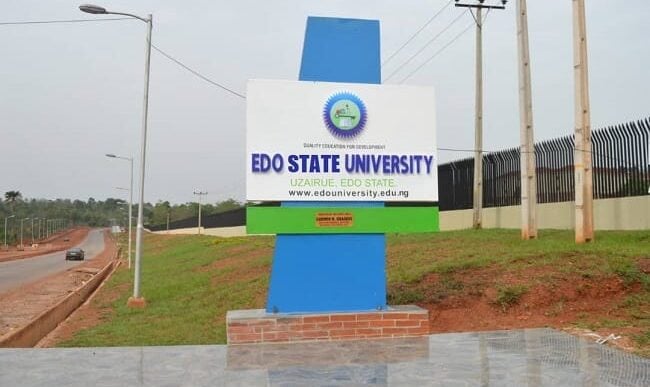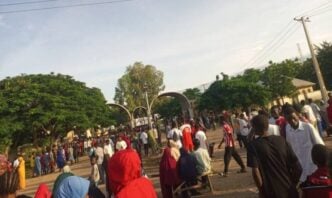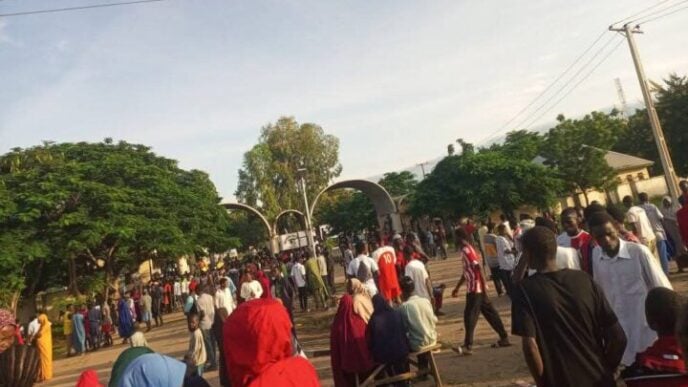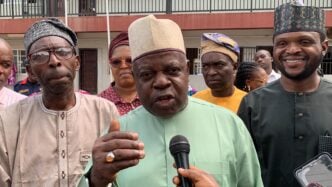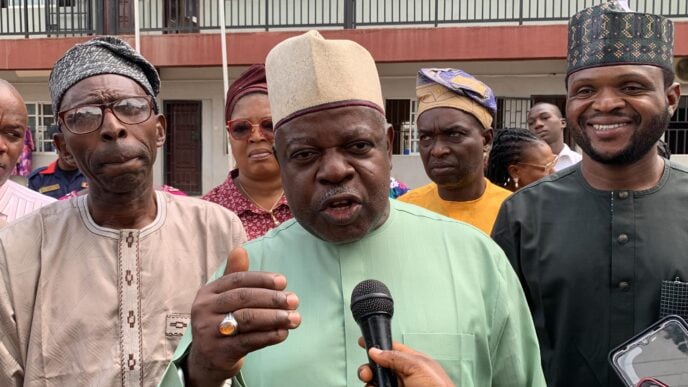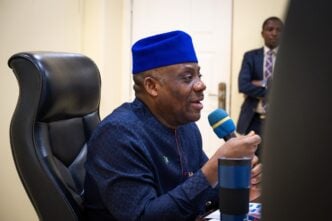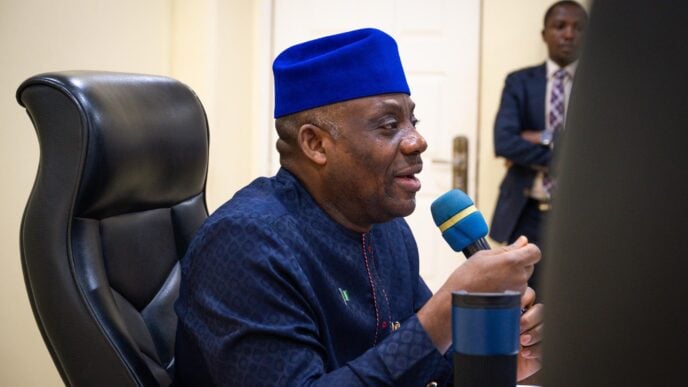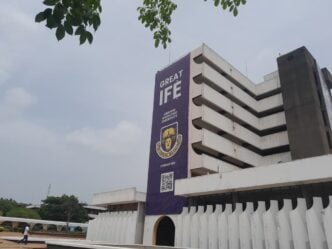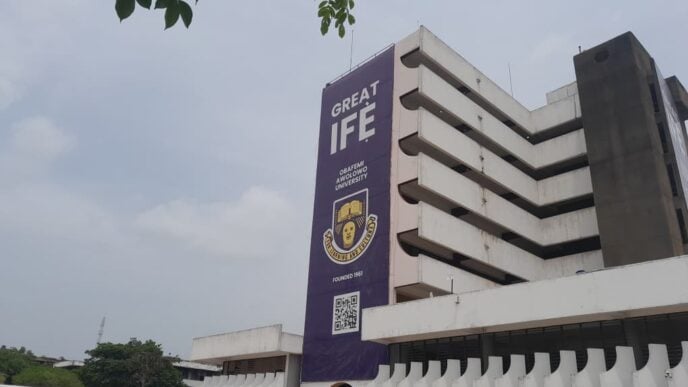UBEC executive secretary Aisha Garba
The Universal Basic Education Commission (UBEC) has concluded its four-year Smart School Programme with the Korean government, creating six content development studios in Nigeria.
The closing ceremony was held at the UBEC Digital on the Kado-Kuchi area of Abuja, the FCT.
The programme, tagged UBEC-KOICA Smart Education Project, attracted a $10 million investment from the parties.
The UBEC-KOICA project was initiated to empower educators, enrich our classrooms, and lay the foundation for digital learning.
Advertisement
The project, which kicked off in 2021, was to improve the multimedia learning environment, teaching capacity building for public primary and junior secondary schools in Nigeria.
Its structure includes the identification of the right fit model, including the zonal model (one smart school per geopolitical zone) and the state model (one smart school per state).
The third model is the establishment of smart education in all of our 111 effective schools.
Advertisement
In model four, each of the 774 LGAs in the country will have one smart school, which will be scaled up to two schools in model five.
At the event in Abuja, UBEC stated that it holds a strong partnership with Edtech companies in Nigeria, providing them platforms and support for the advancement of the solutions they offer.
The project, it said, has supported 21 smart schools across the country with 30 trained school leaders.
UBEC said that with the six content development studios, teachers can develop real-world applicable digital content for their learners.
Advertisement
Speaking at the event, Aisha Garba, the executive secretary of UBEC, said the project has reached over 8,000 learners in 21 states where the smart schools are fully operational.
“You will all agree with me that these are more than numbers. They are lives touched, futures reshaped, and a growing belief that our public schools can compete globally,” she said.
“Our administration is not just talking change, we are executing it by transforming basic education, one reform at a time.
“We have removed long-standing bottlenecks and opened the door for states to access the resources they need, efficiently and transparently.”
Advertisement
She revealed that the project has impacted about three million children, with over 60 per cent utilisation of the provided fund, distribution of about 420,009 library materials, and delivery of over 158,000+ Nigerian history books.
Others include 740 interactive smart boards, 250 desktop computers for girls’ alternative high schools, and 140 talking computers for learners with special needs.
Advertisement
She added that the education board is also addressing the need to increase the number of enrollments in basic schools.
“This is not just reform, this is a new era of access, inclusion, and impact. And we are only just getting started,” the ES said.
Advertisement
